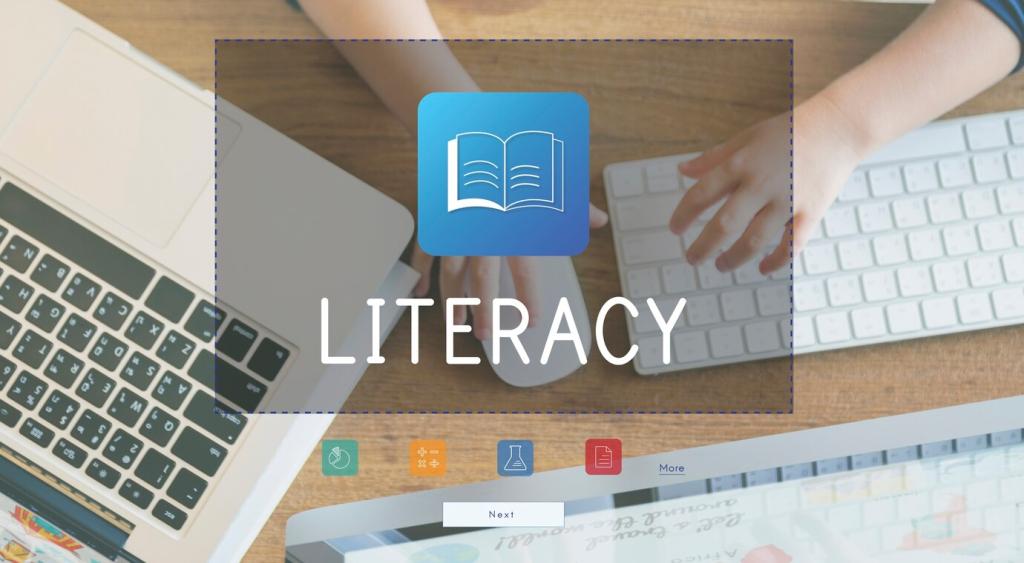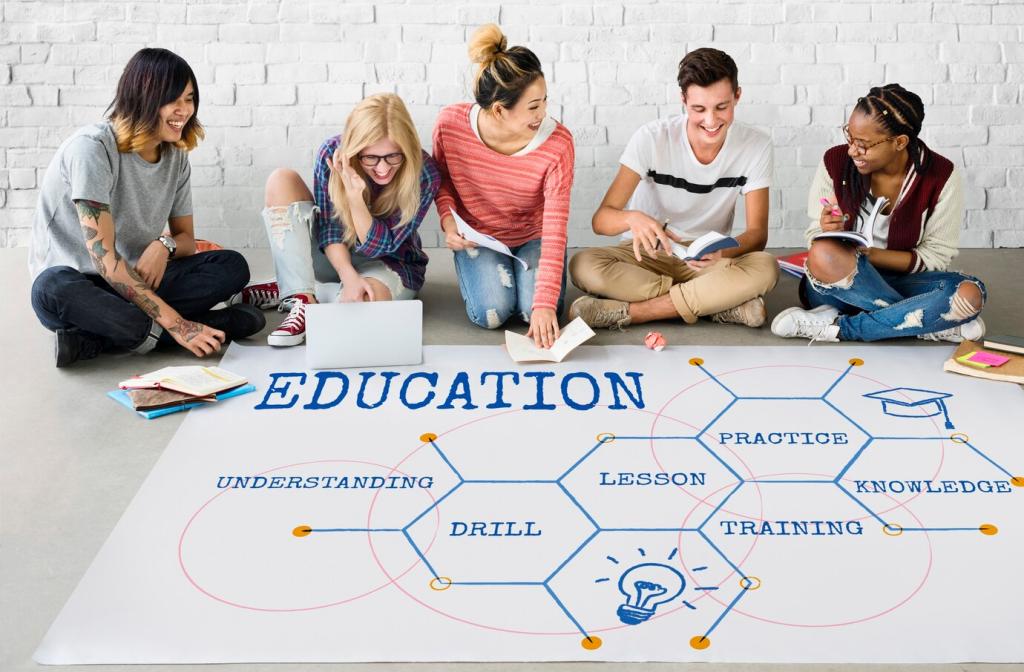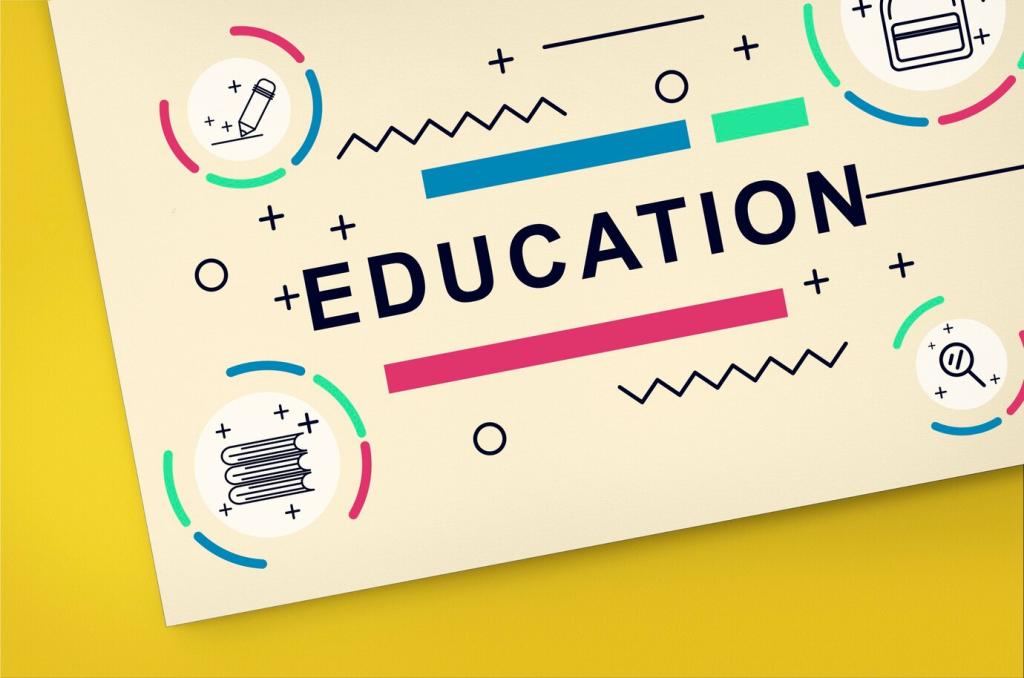The Role of Encyclopedic Knowledge in Academic Research
Chosen theme: The Role of Encyclopedic Knowledge in Academic Research. Welcome to a space where crisp overviews, vetted entries, and structured reference trails accelerate your thinking before the deep dive. Explore how encyclopedic knowledge sharpens questions, prevents blind spots, and strengthens scholarly confidence. Subscribe, comment, and share how you use encyclopedias to launch better research.

This is the heading
Lorem ipsum dolor sit amet, consectetur adipiscing elit. Ut elit tellus, luctus nec ullamcorper mattis, pulvinar dapibus leo.

This is the heading
Lorem ipsum dolor sit amet, consectetur adipiscing elit. Ut elit tellus, luctus nec ullamcorper mattis, pulvinar dapibus leo.
From Overview to Research Question
After grasping the big picture, notice tensions between theories, contradictory findings, or understudied cases highlighted in entries. Those tensions can become hypotheses or comparative designs. Ask yourself which mechanism is plausible, what evidence would adjudicate it, and how a narrow case could illuminate broader claims.
From Overview to Research Question
Quality encyclopedic entries typically include curated bibliographies. Treat them as a launchpad, not a destination. Harvest foundational texts, then forward-search to see how debates evolved. Build an annotated list, track recurring authors, and note methodological patterns to guide your next, more targeted searches.



Encyclopedias are tertiary sources: they synthesize, summarize, and point you to core works. They rarely constitute original scholarship. Use them to calibrate understanding, define terms, and discover citations. Then move promptly to primary materials and peer-reviewed studies for argumentation, data, and methodological detail.

A historian cross-checked dates of a treaty using a subject encyclopedia, an archival catalog, and a scholarly monograph. The encyclopedia flagged variant names for the agreement, which unlocked new archival leads. Triangulation protected accuracy, revealed hidden sources, and prevented a costly misinterpretation in the final chapter.

Cite encyclopedias when definitions, canonical overviews, or historiographical summaries are directly used. Avoid leaning on them for contested claims. Prefer peer-reviewed, signed entries from reputable academic publishers, and follow your style guide carefully. Tell us your citation practices, and we will feature thoughtful tips in a future post.


Using Wikipedia Responsibly
Treat Wikipedia as a doorway, not the destination. Read the talk and history pages to gauge controversy, then follow citations to primary and peer-reviewed sources. Compare with a scholarly encyclopedia to confirm definitions. Share your checklist for responsible use; we will compile the best practices for everyone.

Leaning on Vetted Scholarly Encyclopedias
Peer-reviewed platforms, such as the Stanford Encyclopedia of Philosophy or Oxford Research Encyclopedias, provide signed, updated entries with rich bibliographies. Start there when stakes are high. Their bibliographic trails save hours and often reveal debates invisible to general reference works and unscreened web pages.

Experimenting With Linked Data
Knowledge graphs and linked data can expose connections across people, places, and concepts found in encyclopedic entries. Use them to brainstorm variables, discover co-citations, and visualize intellectual networks. If you want a walkthrough, subscribe and vote on which tools we should demo in an upcoming guide.
Teaching, Mentoring, and Habit-Building With Encyclopedic Tools
01
Assign students to compare two authoritative entries on the same concept, extract definitions, and reconcile differences. Then have them build annotated bibliographies from cited works. This simple routine trains discernment, fosters precise language, and accelerates the transition from novice to confident researcher.
02
Adopt a short pre-research checklist: read one general and one subject encyclopedia entry, list key debates, extract ten seminal references, and identify two competing definitions. Discuss findings in a quick meeting before approving a proposal. Mentors report better proposals and fewer mid-semester pivots.
03
Tell us which encyclopedias anchor your field, and we will build a living directory by discipline. Comment with titles, links, and tips for newcomers. Subscribe for templates, citation examples, and occasional interviews with editors who craft the entries you rely on every semester.
